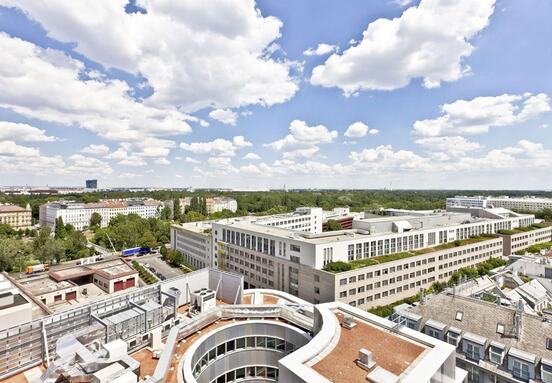As of the 23rd of March, we are seeing abandoned and empty office buildings in the business districts of Vienna. The Austrian Federal Government has imposed restrictions on freedom of movement and has asked all residents to stay home as much as possible. Both the main railways station and the airport have been closed down, only shops offering basic services are allowed to stay open. Cafés, restaurants, museums and theaters are also closed until further notice.
These new regulations have significant implications on the life of businesses and the real estate market, as well. While most companies can transfer into the virtual world easily, some are experiencing a more difficult transition. The new home office environment raises several questions about productivity, working hours and ways of motivation. Still, it is not only the companies that have to face the challenges of the new status quo, but also the employees who feel distant and disconnected from the professional world.
What implications does the virus have for the commercial real estate market?
For now, we do not know anything for certain. Experts are expecting a major economic slowdown that would result in vast empty office spaces. Office occupiers are expected to behave more cautiously and pause expansions until their sector proves resilient in the face of an economic downturn. Overall investment and deal making may be delayed on the margin, but no major decrease in annual activity is predicted.
On the other hand, national governments are an unpredictable and unforeseen risk factor. Some governments, such as in case of Romania, have already taken some steps regarding the landlord-tenant relationship: tenants will have the opportunity to pause payments while they are staying away from the office space during the corona virus outbreak. This, however, would be a major threat for the liquidity of property owners and would put a halt to the whole market. So far, our hopes are optimistic and our expectations rather realistic.







